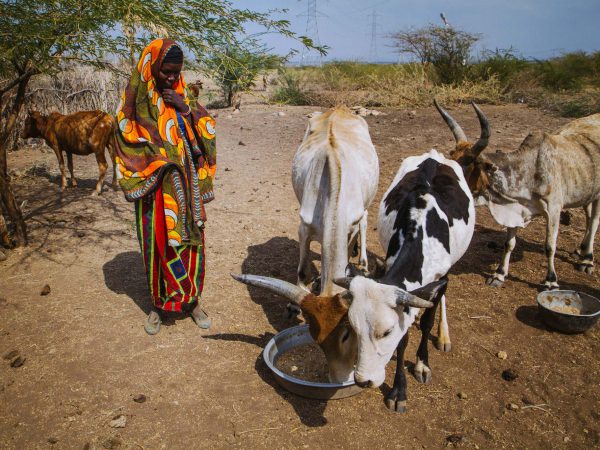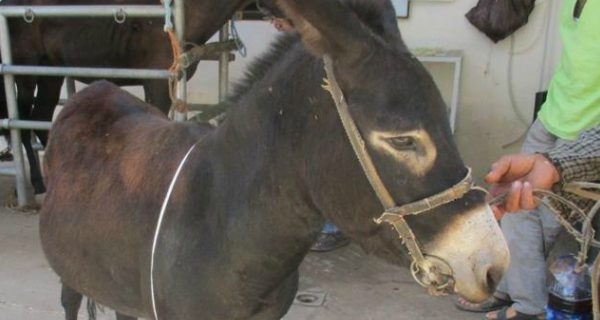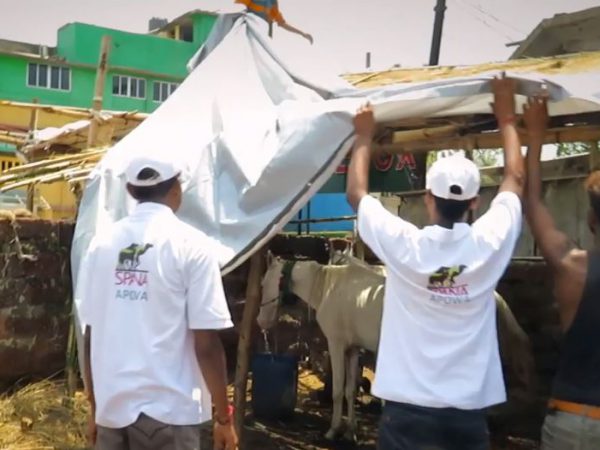You may also be interested in

An update from Ethiopia: Our emergency feeding programme
Our former Chief Executive Jeremy writes about his trip to Ethiopia to see our emergency feeding programme in action.

Helping Working Animals at the Chemaia Clinic
Read about our volunteer vet Harriet's time with SPANA at our clinic in Chemaia, Morocco.

An update from Ethiopia: Our emergency feeding programme
Our former Chief Executive Jeremy writes about his trip to Ethiopia to see our emergency feeding programme in action.

Helping Working Animals at the Chemaia Clinic
Read about our volunteer vet Harriet's time with SPANA at our clinic in Chemaia, Morocco.

